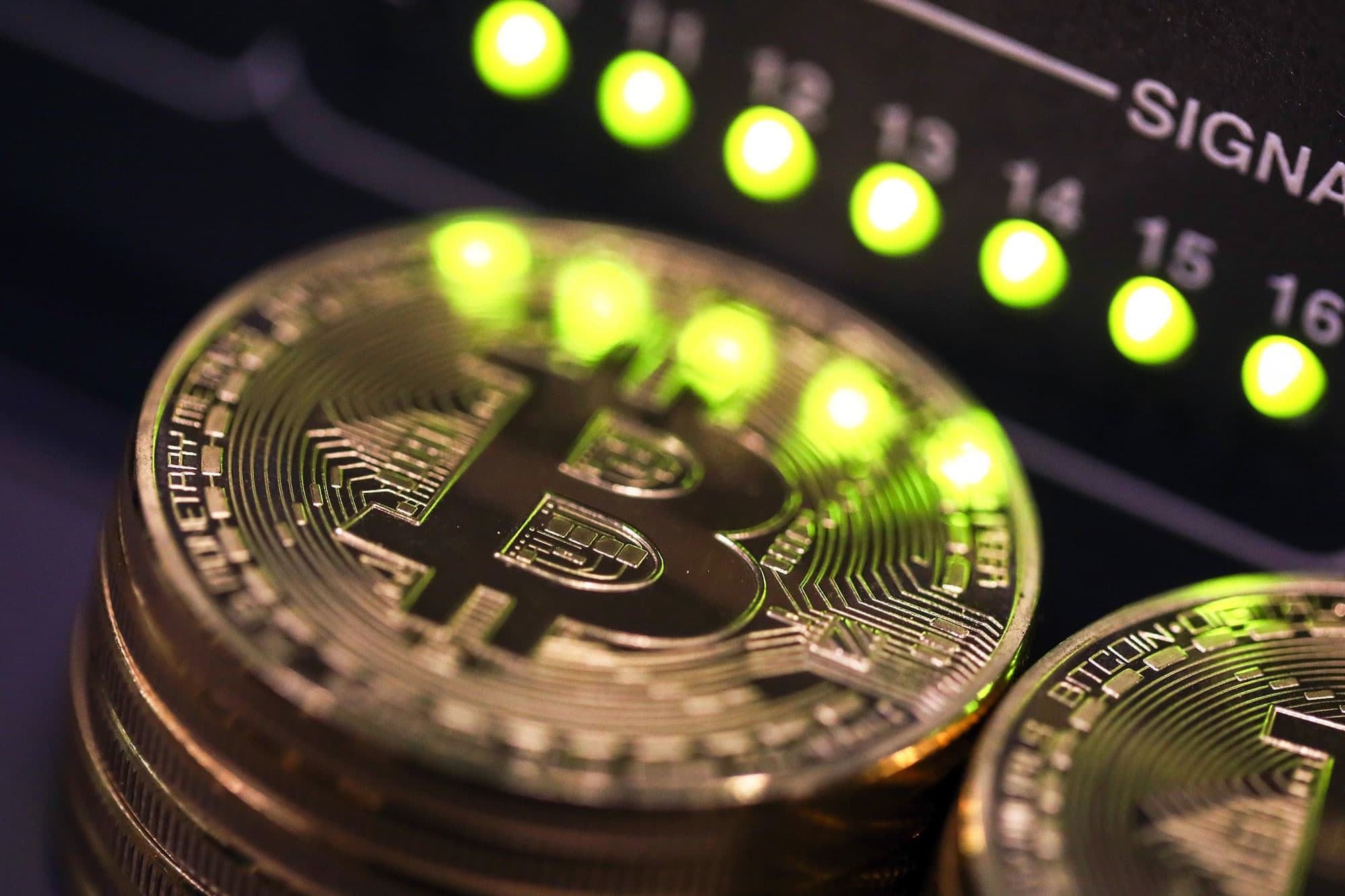In the midst of Europe’s energy crisis, this Dutch tulip farmer trades gas for heat from Bitcoin mining

In the midst of soaring energy prices, farmers are facing a difficult time.
The situation is no better for greenhouse farmers in the Netherlands, the world’s largest tulip producer and also the second largest agricultural exporter overall after the United States.
Huge energy costs have prompted some Dutch agricultural companies that often rely on greenhouses to stop growing tulips this year, while others have even gone bankrupt.
“Some growers have decided, because of the increase in gas prices, to stop growing this year and see what happens next year. And in some cases, that leads to bankruptcy,” said flower farmer Danielle Koning.
To avoid bankruptcy and creeping overhead costs, Koning has teamed up with a Bitcoin mining company to heat her giant greenhouse near Amsterdam with mining servers.
Cryptocurrency mining generates a large amount of heat while also requiring massive amounts of electricity to power computer rigs.
“So, Bitcoin miners, they produce a lot of heat. You have a delta [difference] of about 20 degrees Celsius between the temperature going into the miner and coming out of the miner,” explained Bert de Groot, owner of Bitcoin Brabant. And that’s because the processors in this computer are constantly trying to guess a random number, and that produces some heat.”
‘Win-win situation’
This is where Koning sees the investment as a “win-win situation”.
The heat generated by the rigs is now used to heat the greenhouse where rows of tulips grow, reducing farmers’ dependence on gas.
The servers, in turn, are powered by solar energy from the roof, reducing the normally huge electricity costs of mining and reducing the potential impact on the environment.
The flower farmer and the mining company have shared ownership of the servers and the Bitcoin they produce.
There are six servers operating at the greenhouse, the exact location of which Koning asked to be kept secret to avoid thieves targeting the €15,000 machines.
The mining company visits the farm monthly to maintain the rigs, clean dust and insects from the servers’ fans.
‘Carbon negative’ operation
By reducing dependence on natural gas and using renewable electricity, the setup at the greenhouse helps the environment, according to de Groot.
“This operation is actually carbon negative, as are all the operations I’m basically building,” he says.
“We are actually improving the environment”.
He also sells tulips online for Bitcoin via a business called Bitcoin Bloem.
For more on this story, watch the video in the media player above.

























